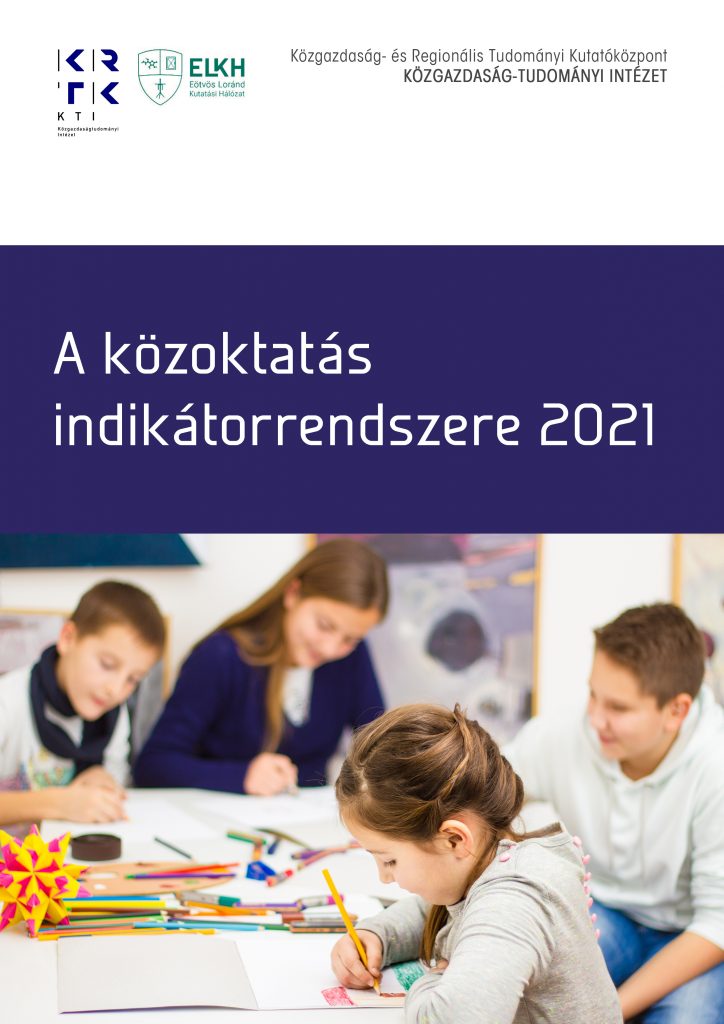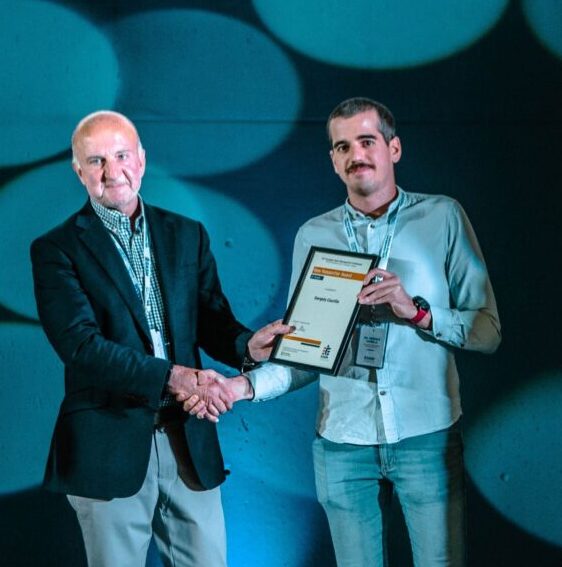A magyar adórendszer újraelosztási hatásai

A tanulmány a magyar egykulcsos adóreform, illetve a családi adó- és járulékkedvezmény jövedelem-újraelosztási hatásait vizsgálja. Tanulmányunk részletesen vizsgálja a családi kedvezmények hatásait, illetve – a 2020-as adminisztratív adatok használatának köszönhetően – a korábbi becsléseknél pontosabb képet ad az egykulcsos adóreform hatásairól is. Az adóreform keretében 2011 és 2013 között több lépésben kivezették a sávos adózást […]
Take-Up and Labor Supply Responses to Disability Insurance Earnings Limits

In most disability insurance programs beneficiaries lose some or all of their benefits if they earn above an earnings threshold. While intended to screen out applicants with high remaining working capacity, earnings limits can also distort the labor supply of beneficiaries. We develop a simple framework to evaluate this trade-off. We use a reduction in […]
Preventing (Panic) Bank Runs

Andolfatto et al. (2017) proposes a mechanism to eliminate bank runs that occur as a coordination problem among depositors (Diamond and Dybvig, 1983). Building on their work, we conduct a laboratory experiment where we offer depositors the possibility to relocate their funds to a priority account. We find evidence that the mechanism reduces not only […]
A közoktatás indikátorrendszere 2021

A közoktatás indikátorrendszere 2021Technikai útmutató „A közoktatás indikátorrendszere 2021” című kiadványhoz Budapest, 2022. Szerkesztette: Varga Júlia A kötet szerzői Hajdu Tamás Hermann Zoltán Hőnich Heléna Horn Dániel Varga Júlia Kutatási asszisztens: Herskovits Dávid Copyright © Közgazdaság- és Regionális Tudományi Kutatóközpont Közgazdaság-tudományi Intézet, 2022 Borító © Vigyázó Zsófia, 2022 Szemelvények „A közoktatás indikátorrendszere 2021” című kiadványból
Hogyan lesz az etnikai előítéletből foglalkoztatási diszkrimináció? A kisvállalatok szerepe

A kutatás hipotézise szerint az etnikai (esetünkben a romákkal szembeni) előítéletesség könnyebben vezet foglalkoztatási diszkriminációhoz olyan helyi munkaerőpiacokon, ahol a kisvállalatoknál dolgozók aránya magas. Az előfeltevést a 2011-es népszámlálás egyéni és járási szintű adatain és több kiegészítő forrás felhasználásával teszteljük. A foglalkoztatási esélyt becslő egyenletekbe a roma etnikai hovatartozás és számos kontrollváltozó mellett a kisvállalatok […]
Idő és pénz a gyereknevelésben Magyarországon, 1993-2010

Tanulmányunk a KSH időmérleg-felméréseinek és háztartási költségvetési adatfelvételeinek segítségével vizsgálja a gyermekes családok körében tapasztalható időfelhasználási és kiadási mintázatok jellegzetes társadalmi különbségeit és azok időbeli alakulását. Eredményeink szerint a magasabb iskolai végzettségű családok többet költenek készségfejlesztő eszközökre és szolgáltatásokra, mint az alacsony iskolázottságú szülőkkel rendelkező családok. Emellett a magasabb iskolai végzettségű anyák és apák több […]
Financial subsidies and the shortage of primary care physicians

The shortage of primary care physicians is a global healthcare problem, especially in rural areas. In this paper, we analyse the choice of location of primary care physicians and estimate the causal effect of financial incentives on the supply of primary care physicians in underserved areas. Our analysis is based on a quasi-experimental setting from […]
Fehér Könyv a COVID-19-járvány társadalmi-gazdasági hatásairól

fejezet – online melléklet fejezet – online melléklet fejezet – online melléklet fejezet – online melléklet
Longevity gap and pension contribution cap

A basic function of public pension systems is to guarantee a satisfactory old-age income for short-sighted low earners. In proportional (i.e., earnings-related) systems, this requires a sufficiently high contribution rate. At the same time, there should be a cap on the pension contribution base to leave sufficient room for the efficient private savings of prudent […]
Centralized Clearing Mechanisms in Financial Networks: A Programming Approach

We consider financial networks where agents are linked to each other with financial contracts. A centralized clearing mechanism collects the initial endowments, the liabilities and the division rules of the agents and determines the payments to be made. A division rule specifies how the assets of the agents should be rationed, the four most common […]
Understanding hesitancy with revealed preferences across COVID-19 vaccine types

Many countries have secured larger quantities of COVID-19 vaccines than their populace is willing to take. This abundance and variety of vaccines created a historical moment to understand vaccine hesitancy better. Never before were more types of vaccines available for an illness and the intensity of vaccine-related public discourse is unprecedented. Yet, the heterogeneity of […]
The impact of spatial clustering of occupation on commuting time and employment status

In this study we reveal the impact of spatial clustering of occupations on the probability of employment and commuting time, with particular emphasis on differences between genders and household types. Based on Hungarian 2011 census data our research confirmed previous results of some USA studies according to which women work in less spatially clustered occupations […]





